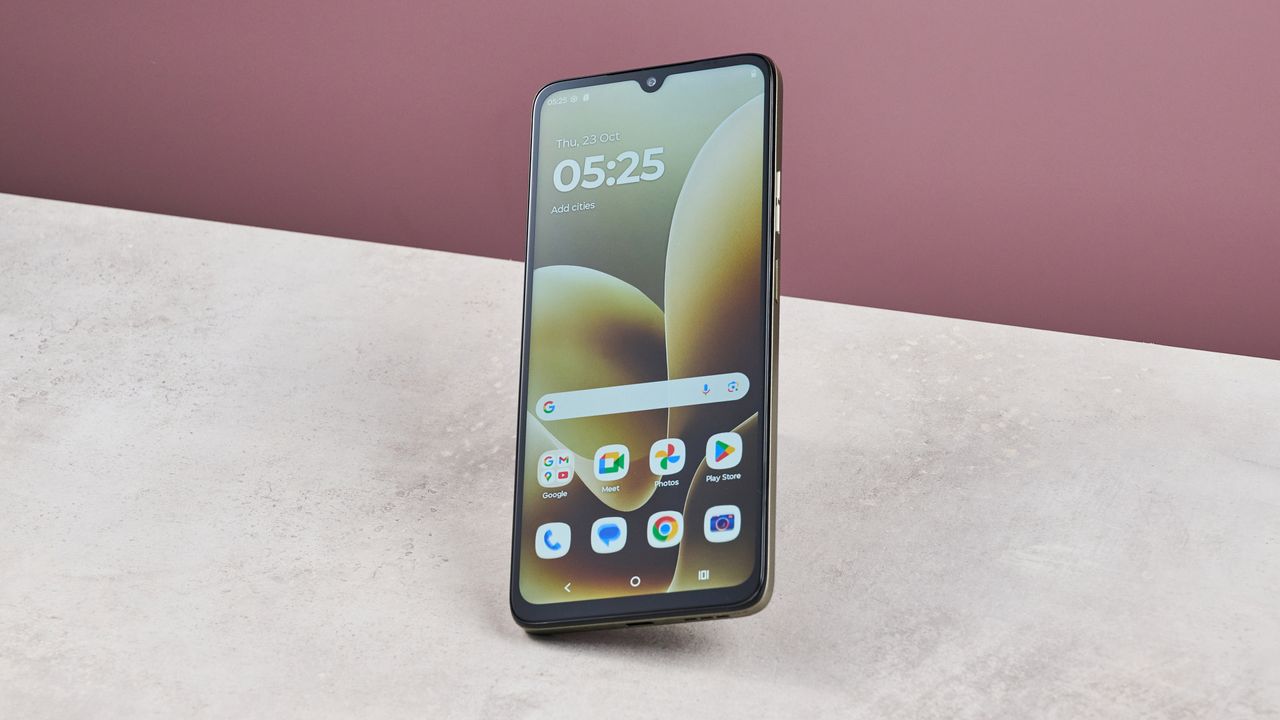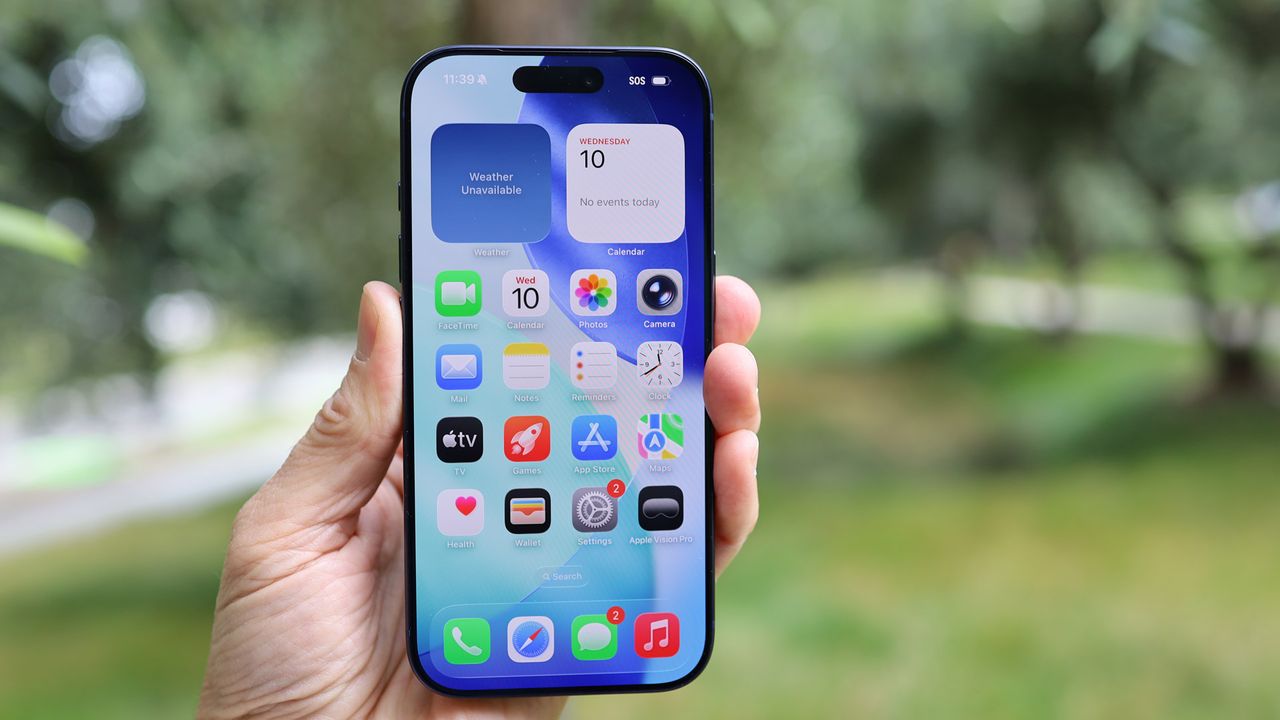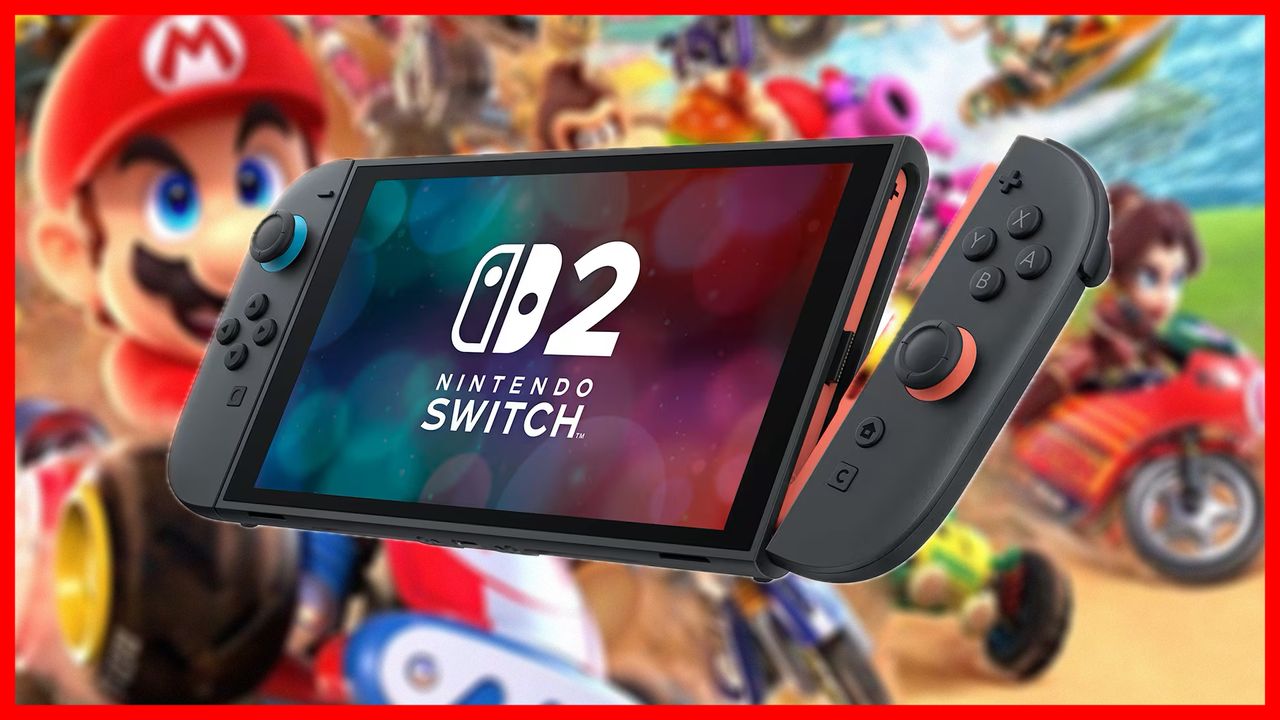
What’s new in the world of banking? Well, there’s this concept, known as “Open Banking” that will no longer limit you to specific banking apps, but instead, you can manage your accounts from a wide variety of third-party apps. This isn’t a thing yet? I feel like open sourced everything is just the norm these days. It’s possible to analyze your spending and even perform certain transactions, but you haven’t been able to do anything else. Especially if you live in the United States. In order to do anything like this, you needed agreement from your bank. This has been a difficult process as your bank gets to decide which app you use. For example, Chase partners with Intuit and Wells Fargo with Xero and Finicity, but the choice of the app has been up to your bank, rather than you.
But all of that is going to change now, thanks to Open Banking. What is it, exactly? Under both EU and UK law, banks are now legally required to allow consumers to use their choice of apps to access their accounts. Banks can no longer act as gatekeepers, and you are free to use apps that aggregate data from multiple accounts and move money between them. The thinking behind the move is that apps allow consumers to be better informed about their finances and do things like work out which bank account offers them the best deal, as well as to boost saving and cut the cost of borrowing.
What apps are available? There are a huge number of apps that offer to analyze your spending, but most rely on you tracking your expenditures manually. One big difference with Open Banking is that you can grant the app of your choice direct access to your bank statements so that the analysis is performed automatically. Most of these apps get read-only access to your accounts, so they can import data but not carry out transactions. But some apps can be given transaction access too, meaning that you can allow the app to act on its analysis, not just nudge you to do so.
The big question I have is how secure these apps are. By allowing a third party app access to your accounts is obviously a scary thing to do. Especially in light of the Equifax breach, for example. In the UK they have taken a simple approach to security and the same rules apply to apps as direct debits. What this means is that it’s your bank’s responsibility to vet the apps for safety. If the app takes money without your approval, it’s actually the bank, not the developer that has to refund you the money. That said, some people are still concerned that people may fall for fraudulent apps. Which is entirely possible. But if you use an app that isn’t covered by the Open Banking guarantee, then you are kind of on your own.
Will this come to the United States? So far, the U.S attitude has been that it should be the market, not the government who decides how things work. But, if that’s the case, there is no accountability and anyone can do anything when it comes to banking apps. I don’t really agree with this, but I don’t think the government is equipped to handle this. I mean, this is a layer of regulation that the government doesn’t like to have to begin with. So why would they start now? That said, I think that having the government involved would be beneficial, so it will be interesting to see what happens with this when it comes to the United States.



